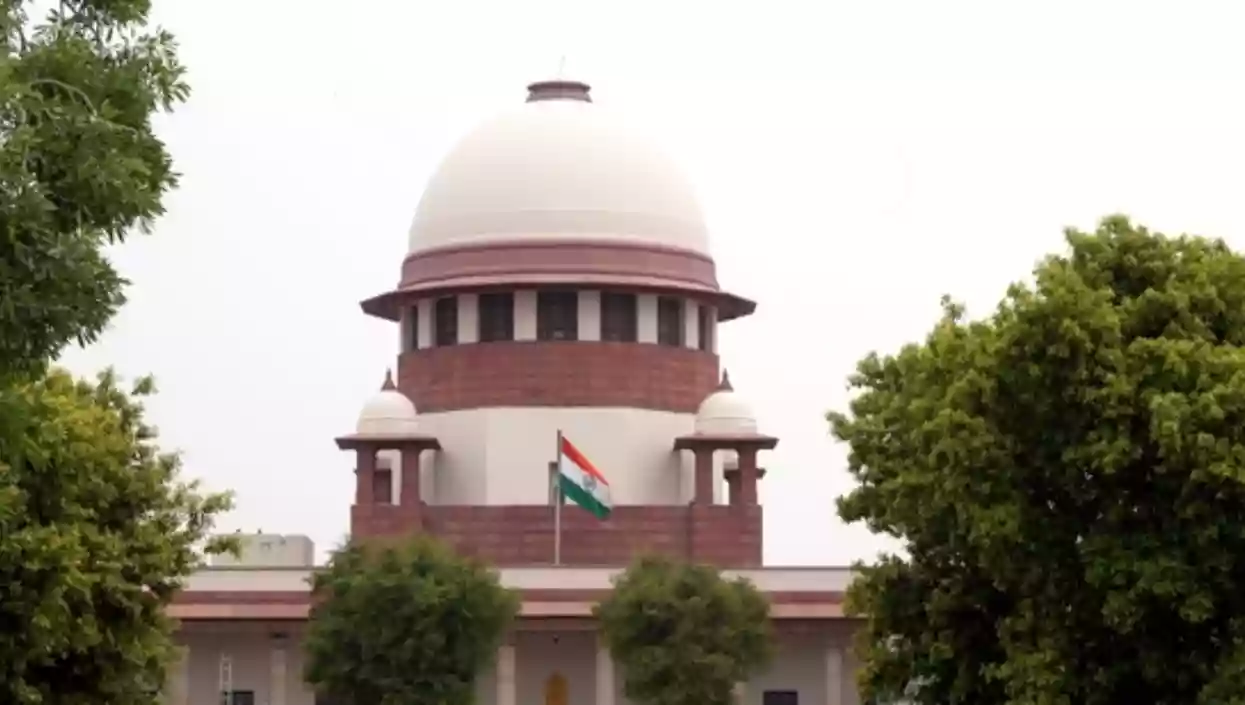PM Modi interacts with IAF’s Shubhanshu Shukla; First Indian aboard ISS for 14-day space mission
.gif)
.gif)

The Supreme Court on Wednesday stayed a controversial ruling by the Allahabad High Court, which stated that acts like grabbing breasts or breaking the string of a pyjama do not amount to an attempt to rape. The apex court, while staying specific observations from the high court’s judgment, called the ruling insensitive and legally unsound.
The bench of Justices B.R. Gavai and Augustine George Masih took suo motu cognizance of the case after the organization ‘We the Women of India’ challenged the high court’s March 17 order. Expressing strong displeasure, the Supreme Court remarked, “It shows a total lack of sensitivity on the part of the author of the judgment. It was not even at the spur of the moment and was delivered four months after reserving the same. Thus, there was an application of mind.”
Given the nature of the ruling, the court, which usually refrains from staying orders at this stage, made an exception, citing that observations in paragraphs 21, 24, and 26 of the judgment were “unknown to the canons of law” and reflected an “inhuman approach.” The Supreme Court also sought responses from the Central government and the Uttar Pradesh government while requesting assistance from Solicitor General Tushar Mehta and Attorney General R. Venkataramani.
The Allahabad High Court’s ruling came in a case involving an 11-year-old girl who was sexually assaulted in Kasganj, Uttar Pradesh, on November 10, 2021. The accused, after offering to drop the victim home on their motorcycle, allegedly stopped midway and attempted to assault her. The prosecution argued that they grabbed her breasts, broke the string of her pyjama, and attempted to drag her under a culvert. However, they fled when passersby intervened.
Justice Ram Manohar Narayan Mishra of the Allahabad High Court ruled that these acts did not constitute an attempt to rape as they did not go beyond the "stage of preparation." The judge directed that the accused be tried under Section 354-B of the IPC (assault with intent to disrobe) and Sections 9/10 of the POCSO Act (aggravated sexual assault), but not under attempt to rape charges.
The Supreme Court’s intervention has been widely welcomed by activists and legal experts, who criticized the high court's ruling as regressive and dangerous. The case highlights the ongoing challenges in India’s judicial interpretation of sexual assault laws and the urgent need for sensitivity in handling such cases.